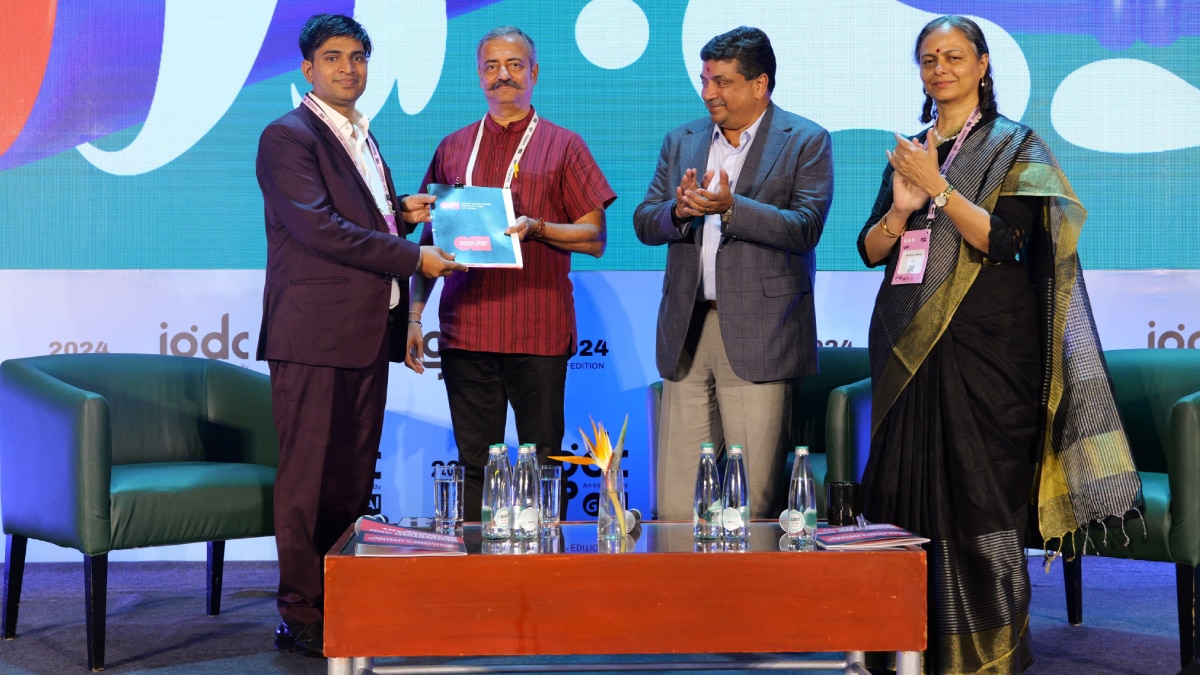
Hyderabad: At the 16th India Game Developer Conference (IGDC), the Game Developers Association of India (GDAI) announced key Memorandums of Understanding (MoUs) with state governments, industry bodies, and academic institutions to propel India’s gaming and interactive entertainment sector. These collaborations aim to enhance policy frameworks, advance skill development, and foster innovation across the industry. State-Level Focus The state governments of Sikkim and Rajasthan are among those partnering with GDAI to nurture regional gaming hubs.
These agreements prioritize skill-building, setting up gaming incubation centres, and fostering intellectual property (IP) development to establish these states as premier gaming destinations. The initiative also aims to position India as a global leader in video game IP creation. “ These MoUs are the first steps towards building a thriving ecosystem that maximizes India’s potential in game development ,” said Sridhar Muppidi, Chairperson of GDAI.
“ By collaborating with state governments, we can provide the necessary support for skill development and foster innovation at the grassroots level. ” ALSO READ: Engagement With Industry & Policymakers The conference also witnessed high-level discussions led by D. Sridhar Babu, IT Minister of Telangana, and Dr.
Palanivel Thiagarajan, IT Minister of Tamil Nadu. These dialogues emphasized partnerships between governments and the gaming industry to establish India as a global powerhouse in game development. Meanwhile, GDAI’s MoU with the Federation of Indian Chambers of Commerce & Industry (FICCI) focuses on policy development to support the gaming ecosystem.
Manvendra Shukul, a GDAI board member, highlighted FICCI’s role in connecting the gaming industry with policymakers to build a sustainable growth framework. Academic Collaborations To Bridge Skill Gaps GDAI signed agreements with numerous educational institutions across India to address the talent shortage in the gaming sector. These partnerships aim to integrate gaming-focused courses into curriculums, establish incubators, and create career opportunities through workshops, competitions, and industry collaborations.
“ There is a need to integrate gaming-focused courses into the educational curriculum and address the skill gaps that is a major challenge that the Indian video gaming industry is facing ,” said Manish Agarwal, GDAI board member. “ Our MoUs with the universities will focus on upskilling students, setting up and supporting incubation, facilitating knowledge-sharing sessions through workshops, providing market access and creating career opportunities in the growing video gaming industry . ” This initiative includes St.
Joseph College of Engineering, SRM IST Tiruchirappalli, Chandigarh University, and many others. Vision For Global Leadership The discussions and agreements at IGDC 2024 signify a unified effort to transform India into a global hub for game development. By harnessing talent, promoting innovation, and building a robust ecosystem, the gaming industry in India is set for accelerated growth and global recognition.
.














